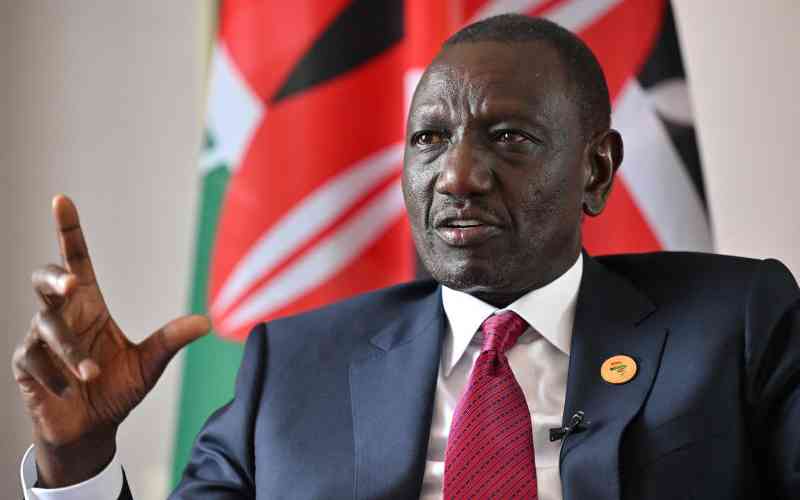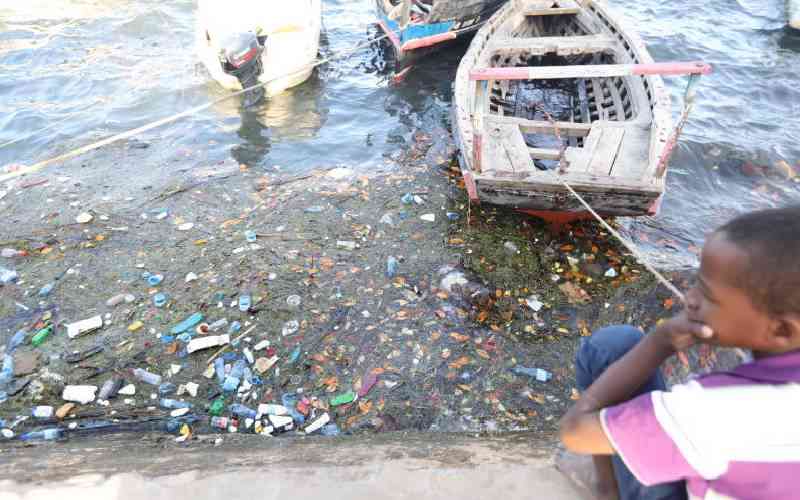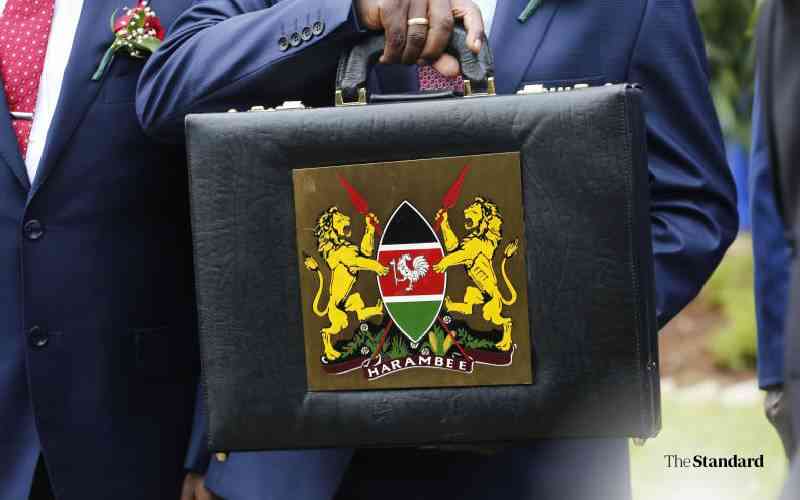
From June 9 to the 13, 2025, France will co-host with Costa Rica, the Third United Nations Ocean Conference (better known as UNOC3). By doing so, we will take the baton from Portugal and Kenya which jointly hosted the last UNOC in 2022 in Lisbon.
For this crucial event, around 100 Heads of State and Government will converge in Nice, south of France, as well as tens of thousands of leaders, researchers, scientists, economic actors, activists and citizens from around the world. France’s aim is clear: Protecting our ocean through tangible action.
The ocean is our common good. It feeds and protects our peoples. It makes us dream and travel. It provides us with sustainable energy, trade, resources and infinite scientific knowledge.
One in three people relies on the ocean for their livelihood, yet our ocean is in danger. Plastic pollution, overfishing, ocean acidification, rising sea levels and the destruction of marine ecosystems are gaining pace, as direct consequences of climate change.
We must act now. More than ever before, we must make sure that multilateral action is equal to the challenges of protecting the ocean.
Ten years after COP21 and the Paris Agreement, which established a binding global framework to limit climate change, the UNOC3 is a historic opportunity. The “Nice Ocean Agreements” can form an international pact for the conservation and sustainable use of the Ocean, fully in line with the Sustainable Development Goals adopted by the United Nations in 2015.
To this end, the talks in Nice need to be operational and action-focused, aiming for better governance, further financing and greater knowledge of the seas.
When it comes to governance, the Agreement under the UN Convention on the Law of the Sea on the Conservation and Sustainable Use of Marine Biological Diversity of Areas beyond National Jurisdiction (BBNJ Agreement) is essential. The high seas, which represent more than 60 per cent of the ocean, are currently the only area not governed by international law. To end this legal vacuum, we need the BBNJ Agreement to be ratified by 60 countries, so as to come into force.
The protection of the ocean also requires public and private financing, and support for a sustainable blue economy. We need to make sure marine resources can regenerate. In Nice, several commitments will be announced for global trade, shipping, tourism and investment.
Lastly, how can we protect something that we don’t – or insufficiently – know? We need to enhance our knowledge of the ocean and disseminate it more effectively. Together, let’s mobilise science, innovation and education to better understand the ocean and raise public awareness.
We did so in Kenya. From 2019 to 2021, the Kenya Forest Service and two French research institutes – CIRAD and IRD – conducted a project to protect the mangroves of the coast. An online collaborative platform, a training programme and education made possible to know better the mangrove, to manage it better and to preserve its potential for the next generations.
Our collective mobilisation begins in Kenya, The 'Mombasa Ocean Festival'” that France, the European Union and Germany have organised from May 6 to 10 and brings marine stakeholders and environment lovers together to sensitise about ecological threats to our precious marine environment.
-Mr Arnaud is the ambassador of France to Kenya and Somalia
Stay informed. Subscribe to our newsletter
 The Standard Group Plc is a
multi-media organization with investments in media platforms spanning newspaper
print operations, television, radio broadcasting, digital and online services. The
Standard Group is recognized as a leading multi-media house in Kenya with a key
influence in matters of national and international interest.
The Standard Group Plc is a
multi-media organization with investments in media platforms spanning newspaper
print operations, television, radio broadcasting, digital and online services. The
Standard Group is recognized as a leading multi-media house in Kenya with a key
influence in matters of national and international interest.
 The Standard Group Plc is a
multi-media organization with investments in media platforms spanning newspaper
print operations, television, radio broadcasting, digital and online services. The
Standard Group is recognized as a leading multi-media house in Kenya with a key
influence in matters of national and international interest.
The Standard Group Plc is a
multi-media organization with investments in media platforms spanning newspaper
print operations, television, radio broadcasting, digital and online services. The
Standard Group is recognized as a leading multi-media house in Kenya with a key
influence in matters of national and international interest.










